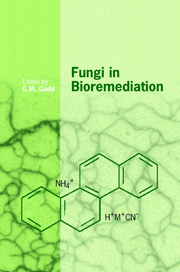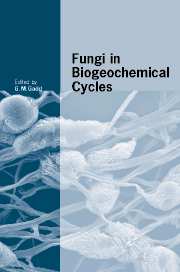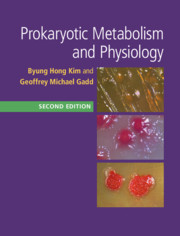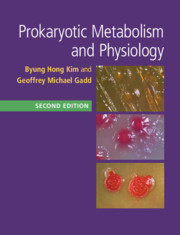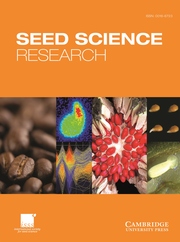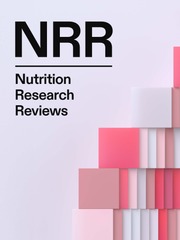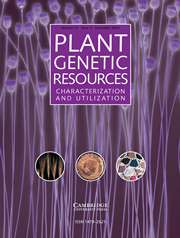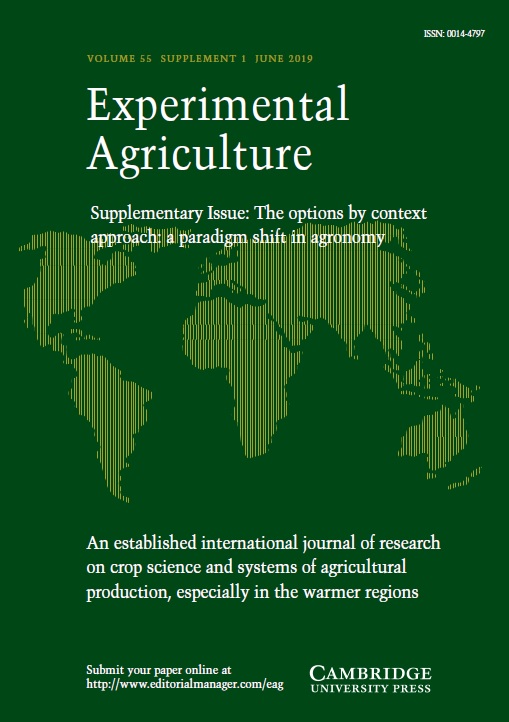Exploitation of Fungi
The fungi are a highly diverse kingdom of eukaryotic microbes. Recent advances in molecular genetics, together with the release of whole genome sequences of an increasing number of fungi, are facilitating their exploitation and commercialisation. Fungi have the ability to secrete large quantities of proteins of commercial value, and their complex secondary metabolic pathways produce a diverse range of bioactive compounds which have had a major impact in the pharmaceuticals market. In addition, the fungi themselves are increasingly being developed as alternatives to conventional chemically-based pest control strategies, and as bioremediation agents capable of transforming pollutants in the soil environment. With chapters written by international experts, this volume highlights current and future biological, biochemical, and molecular exploitation of the fungi in biotechnology. It will have broad appeal, not only to mycologists and microbiologists, but also to biomedical scientists, biotechnologists, environmental and molecular scientists, plant pathologists and geneticists.
- Details the importance of fungi in biotechnology
- Includes the latest advances in biological research methods
- No other book highlights this topic from such a modern perspective
- Wide-ranging, and written by a selection of leading international experts
Reviews & endorsements
'… this will be a useful addition to college and university libraries where applied mycology is taught.' Mycological Research
Product details
May 2007Hardback
9780521859356
350 pages
235 × 158 × 23 mm
0.704kg
79 b/w illus. 18 tables
Available
Table of Contents
- Preface
- 1. Genome and proteome analysis of industrial fungi Scott Baker, C. Wend, D. Martinez, J. K. Magnuson, E. A. Panisko, Z. Dai, K. S. Bruno, K. Anderson, M. Monroe, D. S. Daly and L. L. Lasure
- 2. The rice blast story: from genome sequence to function Ralph Dean, T. Mitchell, R. Kulkarni, N. Donofrio, A. Powell, Y. Y. Oh, S. Diener, H. Pan, D. Brown, J. Deng, I. Carbone, D. J. Ebbole, M. Thon, M. L. Farman, M. J. Orbach, C. Soderlund, J.-R. Xu, Y.-H. Lee, N. J. Talbot, S. Coughlan, J. E. Galagan and B. W. Birren
- 3. The biosynthesis of polyketides, acyl tetramic acids and pyridones by filamentous fungi (polyketides in fungi) Russell J. Cox
- 4. Fungal metabolites as lead structures for agriculture Timm Anke and Eckhard Thines
- 5. Molecular and genetic analysis of symbiosis expressed secondary metabolite genes from the mutualistic fungal endophytes Neotyphodium lilii and Epichloë festucae Barry Scott, Carolyn A. Young, Aiko Tanaka and Emily J. Parker
- 6. What can genomics tell us about secondary metabolism in Aspergillus? Geoffrey Turner
- 7. The role of microtubules and motors for polarized growth of filamentous fungi Reinhard Fischer and Daniel Veith
- 8. The cellular response to protein unfolding stress Martin Schröder
- 9. Protein secretion and associated stresses in Aspergillus: a genomic perspective David Archer, Sally E. Barnes and Thomas Guillemette
- 10. Metal stress and the single yeast cell Simon Avery
- 11. Bioluminescence-based fungal biosensors Hedda J. Weitz
- 12. White rot fungi and xenobiotics Patricia J. Harvey and Christian E. Scheer
- 13. Metal and mineral transformations: a mycoremediation perspective Marina Fomina and Geoffrey M. Gadd
- 14. Fungal control of subterranean pests Herman Strasser, S. H. M. Hutwimmer and R. Zelger
- 15. Development of mycoherbicides and evaluation of potential risks (using Stagonospora as a model) M. Maurhofer, D. Boss, M. O. Ahonsi and G. Défago
- 16. A novel understanding of the three-way interaction between Trichoderma spp., the colonized plant and fungal pathogens S. L. Woo, M. Ruocco, R. Ciliento, P. Ambrosino, R. Marra, F. Vinale, S. Lanzuise, S. Ferraioli, I. Soriente, S. Gigante, F. Scala and M. Lorito
- 17. Fungal parasites of invertebrates: multimodel biocontrol agents? Luis V. Lopez-Llorca and Hans-Börje Jansson.

